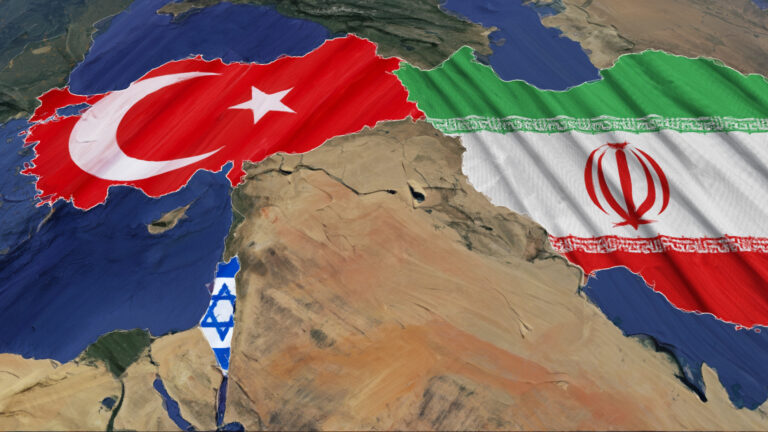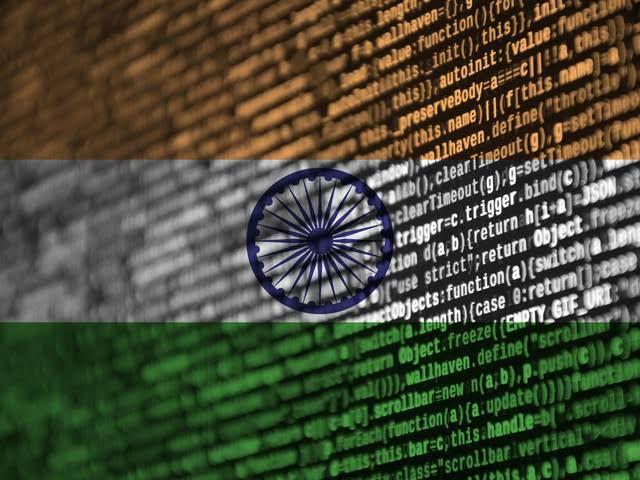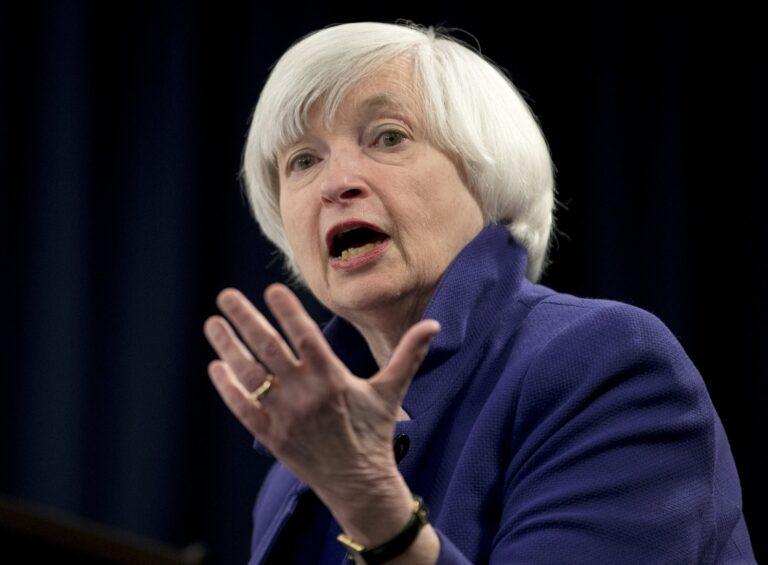[soundcloud url=”https://api.soundcloud.com/tracks/330673929″ params=”color=ff5500&auto_play=false&hide_related=false&show_comments=true&show_user=true&show_reposts=false” width=”100%” height=”166″ iframe=”true” /]
The recent energy discoveries in the Eastern Mediterranean are expected to change the dynamics of the region. The main question is “will these discoveries create regional cooperation or will they bring further conflict”. Joining us from Cyprus is Dr.Charles Ellinas.
Mr Ellinas, welcome to the program!
Thank you! Nice to talk to you.
Energy has become a component which we discuss in almost all debates within the region. Given the background, can you explain to us the relative significance of the discoveries so far?
Obviously the discoveries in Egypt, Israel and Cyprus show that there is a good potential for substantial gas fields to exist in the East-Med. Some of these, more of these will be in Cyprus from which all can benefit. All indications are strong, that is why we have managed to attract companies like Exxon Mobil, Total and ENI to come and explore in the East-Med. And it hosts hopes but also there are challenges that will be faced. Not just political but also commercial.
If we consider the political and economic aspects, how do you consider the change from the start. I recall on from the 2000’s this has been an issue which has been discussed. In its initial phases we were approaching the issue based on predictions. Now the predictions moved on to reality. There are more discoveries, for example in the Israeli fields. Given such information, how do you see the future of the discoveries?
As I said before, the prospects are good for more discoveries to be made. As you know Total is planning to start drilling in Cyprus next month in bloc 11 and the indications for a good discovery there are good. The same applies to the plans of Exxon Mobil to drill in bloc 10. Now, in terms of “how does that sit with the political developments”, first of all let us look at the gas industry. The companies that could do drilling and produce oil gas in that region are the same, they wouldn’t be different. Total, ENI, Exxon Mobil would be the companies to explore the East Med with a solution or without a solution. The problem I see is that the whole of the energy sector worldwide is moving away from for say fuels. As a result of the Paris agreement there is an increasing penetration of renewables. The longer we delay developing the gas fields, the more likely it will be that we will never be able to sell the gas. This is where the problem is. If we stop everything and wait for a solution to come, which may take few more years, by the time a solution comes, it may be too late for all of us, for both Greek and Turk Cypriots. So from my point of view, given that the oil companies doing exploration would be the same now as they would be later,they should be allowed to get on and do the exploration with the knowledge that once the solution is found anything discovered would be owned both by Turkish and Greek Cypriots as a part of a unified Cyprus.
Medyascope'un haftalık e-bülteni
Andaç'a abone olun
Editörlerimizin derlediği öngörüler, analizler, Türkiye’yi ve dünyayı şekillendiren haberler, Medyascope’un e-bülteni Andaç‘la her çarşamba mail kutunuzda.
The other aspect is that, if you make a discovery it would take many years before you can actually sell gas. I can give you an example: say, if you make discoveries in 2018, it will take the oil companies 2 to 3 years to prepare plant and find buyers for the gas before they start a project. So we will go into 2021 before a project starts. A project would take anywhere between 3 to 4 years to build, which would take us to 2024-2025. So we would be able to start exports in 2025. Because the oil companies make the investment for the development of the gas fields, for the first 3 years they take most of the income to pay for these investments. So it would take another 3 years before Cyprus actually sees any significant income from a discovery made in 2018. Which means, if we start in 2018 it may be 2027-2028 before we see income. Therefore, there is ample time to negotiate and resolve the Cyprus problem so everybody can benefit. Now if we go away from that and consider delays, every time we delay it becomes more difficult for all of us. As I said before, the global market for gas is not running out of gas. In fact, there is excess gas everywhere, there is too much gas, and nobody is going to sit there and wait East-Med to develop its gas. The market will be satisfied, they will buy the gas they need and we will be left with nothing, with the development that would not take place. This is the risk we are running. That is why, from my point of view, the best way forward is to allow the oil companies to proceed with their explorations and plans to sell the gas, and in the meanwhile work hard to see the negotiations for a solution of the Cyprus problem succeed. It may not succeed this time in Geneva, but by next year it would be in a better position to continue and come to a conclusion.
Do you think the gas explorations are having impacts on the talks?
They are having impacts because everybody has great expectations. On the one hand the Greek Cypriots are proceeding with the exploration and the Turkish Cypriots feel that the Greek Cypriots are developing the gas, they will sell it and they will see the benefits and the (Turkish Cypriots) will receive nothing. I explained before that this is not the case, it will take a long time before any benefit come out. But reality has nothing to do with perceptions. Perceptions of the two sides are very different. Perceptions are that the gas is there, it will be sold, there will be huge profits and everybody wants to get their hands on to that. That is definitely not the case. There are risks: the market is saturated. Even if we manage to sell the gas the profits that will be made will not be enormous. It will be reasonable but not enormous because gas prices globally are very low and it will stay low forever. Due to the ample availability of energy throughout the world. Ample quantities of gas, abundant quantities of gas. As a result prices will be low, as a result profit margins will be low, if we manage to sell.
The other problem with the East-Med, is that because it is deep water (2000 meters of water approximately) and because there is no real infrastructure in place, no infrastructure in Cyprus or even Israel (less in Cyprus but more in Israel), it is very expensive to develop gas fields. By the time you develop them and you export the gas, it is difficult to match the prices that prevail in Europe and Asia. In Europe the price for gas is about 5 dollars per thousand cubic feet. If we want to sell to Europe and make a profit we have to sell for 4 dollars per thousand cubic feet. There is no way we can develop big facilities and export the gas at 4 dollars. So Europe for us is a closed market, we will not be able to penetrate Europe. The market left for us is Asia. But even in Asia, where the prices are higher, maybe 7.5 dollars, then it is a longer distance and the shipping costs are higher. But you have a chance. But there is an extremely stiff competition. There is a lot of Australian LNG arriving in Asia already, the American LNG is also going mostly to Asia now and Qatar, which is the biggest exporter up to now, has decided to increase its exports this year. So we have a stiff competition and the prices will be low. So it is not going to be easy. Anything we do politically to delay or make it problematic, will make it less likely that we ever sell any gas and we ever see any benefits.
During the last several years another discussion was made on how the Israeli gas was going to be transferred to the markets. The two main options that were discussed during the period were either through Cyprus-Greece-Europe or through Turkey. One of them was economically more feasible the other one was, at the time, strategically more feasible. But from what you say I understand the European market, due to the level of prices, is also not very optimistic for the Israeli gas as well. So, the place for the Israeli gas is also the Asian market. I understand that from what you said, right?
That is right because the pipeline projects that the Israelis have been talking about, both of them, the pipeline to Turkey and the pipeline to Europe are commercially not viable. Turkey after downing the Russian plane was desperately looking for alternative supply of gas, it no longer is. Turkey now has more Russian gas coming, Turkish stream is actually started being built, earlier this month. Bringing vast quantities of gas to Turkey, cheap gas at 5 dollars. TANAP is bringing gas from Azerbaijan. Turkey also has changed its energy strategy. They have moved away from gas as far as possible, and they are using more coal, lignite, hydro, hydroelectric energy, nuclear and renewable. As a result their dependence on gas has gone down. In the last three years the amount of gas that Turkey imported have actually gone down. So they do not need the Israeli gas, but to get the Israeli gas to Turkey and sell it, the prices must be 6 or 7 dollar before it becomes commercially viable. The prices in Turkey are not 5 dollars, so how can you sell Israeli gas to Turkey? You can not. The same applies to Israeli pipeline from Cyprus through Greece to Europe? It is even more difficult, commercially it is not difficult it is very difficult. And nobody buys gas because of other reasons other than price. I was at a conference in Istanbul a few months ago, when I typically asked the Turkey’s Undersecretary for Energy what is the driver for Turkey buying gas, only one thing he said: price. “As cheap as possible, you get to us cheap we buy it, if not we don’t”. So the, Israeli gas is not going to Turkey and is not going to Europe. If they start looking at ways of liquefying the gas and exporting it to Asia maybe they will stand a chance. So far they have not done that. So Israel has a problem.
Meanwhile Israel is having meetings with Greece and Cyprus as well. So these meeting have no meaning?
These meetings are political meetings. They are even supported by the EU and they are even supported by Italy. But the reality is that the EU does not build pipelines and does not invest money in pipelines. Pipelines are being built by commercial companies for profit. Even though, politically, these countries and the EU support the pipeline and would like to see it built, they will not build it themselves. No company will undertake the building of the pipeline until it becomes commercially viable. So its good meetings, discussions, politically they help the countries cooperate but in terms of practicality and pipelines, they are not going to arrive anywhere.
Based on your knowledge where can Israel build the LNG hub?
Well, Israel has been trying to export and bring the gas to Cyprus, build an energy plant at Vasilikos and export it with Cypriot gas from there to the global markets. They tried that until about 2013. They were trying hard, but it didn’t work out. The Greek Cypriots were late and were slow in responding to that. By the time they were able to respond, the opportunity had gone away.
After that Israel started looking at exporting the gas to Egypt, for liquefying it in Egypt and exporting it from there to the international markets. But there are challenges there. First of all, there are political problems: the majority of the Egyptian population does not want Israeli gas coming to Egypt. And the second is that, there is a dispute between Israel and Egypt. I don’t know if you are aware but the international court of arbitration ruled against Egypt for stopping supplies of gas to Israel when Mubarak was there. It fined the Egyptians 2 billion dollars to pay to Israel. Egypt does not recognize the fine and does not want to pay. As a result, there is a dispute about that which stops anything from happening.
And then there are the commercial implications. Because again to take the gas from Israel by pipeline to Egypt, to liquefy and export it, makes it expensive and therefore it is not easy, it is challenging. As a result, Israel has been left with very few options. One option is to go back to something they considered a few years ago, which is floating liquefaction, to build ships on which the liquefaction takes place and the LNG is exported by ship, from the ship to the markets. This is called floating LNG, FLNG. That is an option they can revisit again, but at the moment they are not looking into that.
And the International Actors, for instance the European Union. Back several years ago, there was a discussion that the EU wanted the East-Med gas as an alternative to the Russian gas. But based on the global markets right now and, as you said, the prices are very low and they are expected to stay low it doesn’t seem feasible right now.
No it doesn’t. As an example, the Americans are trying to export LNG to Europe. As you know, politically, the Americans are very welcome. Europe prefers American LNG then to Russian. But even though American LNG is very cheap, it cannot compete with the Russian gas. It is finding it difficult to find markets in Europe. For East-Med it would be even more difficult because it is more expensive. As a result, Europe actually succeeded in its policies. The Europeans produced as a union and, through that, forced Gazprom to comply with the European regulations and to comply with the European gas trading systems. Gazprom now sells gas to Europe in full compliance with the European systems.
Plentiful gas, very cheap gas. There is no reason for Europe, anymore, to look for very active diversification. Gazprom has vast resources. In fact, they can supply Europe even within a few months, with another 100 billion cubic meters of gas per year because it is there, waiting to be exported at prices which nobody else can match.
So, the argument that the EU also wants a settlement in Cyprus due to the possibility of receiving gas is not valid?
Well, that was never the case. EU never said they want a settlement because they need the gas from Cyprus. First of all, Cyprus has small quantities of gas. It really makes little difference whether it goes to Europe or not. Europe uses about 450 billion cubic meters of gas per year. If Cyprus can send 10 billion cubic meters what difference will it make? 10 against 450 is a small number. So Europe never wanted a settlement for the sake of accessing gas. They prefer that the gas is developed in the region for the benefit of the region and is kept and used in the region if possible. Their interest in Cyprus is first of all, Cyprus is a member of the EU and they want a solution to the problem to remove one obstacle for Europe. And then secondly, they would like to see the whole of East-Med reach a peaceful settlement to all of its problems. Europe is doing the best it can to help sort these problems out. That is where their interest is; not in getting the gas but in using the gas to help the regions develop themselves.
And how is the new US foreign policy affecting the East-Med gas flows?
Well there is no new US foreign policy on Eastern Mediterranean. The previous administration had an undersecretary responsible for the region: Amos Hochstein. Amos is gone and has not been replaced. So there is no proper policy by the US for the region. The US is supporting the Cyprus plans in carrying on drilling. Of course, there are American companies there; there is Noble and Exxon Mobil. They are supporting that but at the same time they are strongly supporting a path to a solution. So they would like to see a solution to the Cyprus problem while they are supporting Exxon Mobil continue with its own plans. Meanwhile, they are trying to help resolve the problems between Lebanon and Israel, they are trying to make sure that Israel and Egypt improve their relationship and so on. But there is not a single person in the US administration concentrating on the region and that makes it a bit more difficult.
One final point: As you said the Cyprus talks, once again started today. From you’re comments I understand that you’re not expecting anything different from these talks but you are expecting something in the near future.
Yes I am hoping that the discussions will progress to the point of, at least, agreeing the areas which can be agreed, leaving Geneva with a better position between the Greek and Turkish Cypriots then they were few months ago. Building the base from which, to restart the negotiations in the near future and take them further. The good thing is that so far, it seems that they made progress in various fronts however there are significant differences and I am not so sure that these differences can be bridged during these discussions in Geneva. What I hope that doesn’t happen, is to break the discussions without a positive outcome (not a solution but a positive outcome) to take it forward. If the discussions end up at loggerhead with problems, it will be bad for all of us. I am looking to a positive outcome and the continuation of the discussions in the future.














